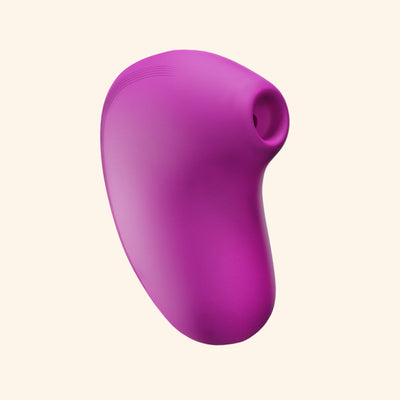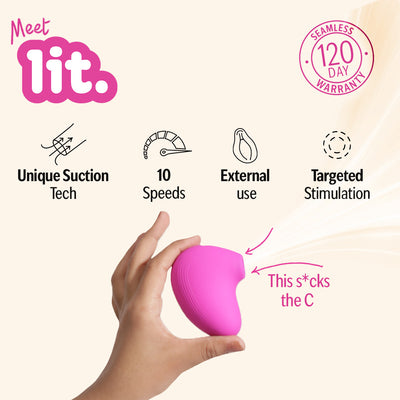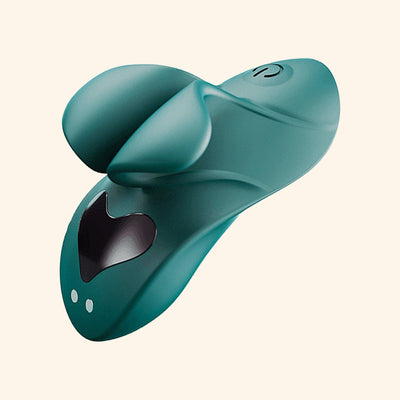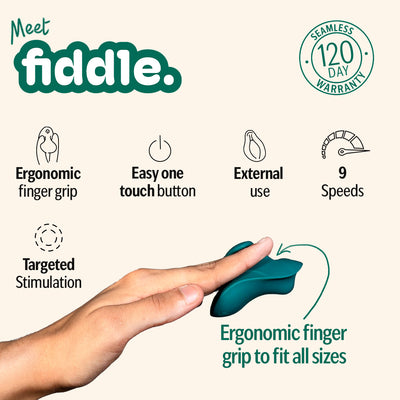Your cart is currently empty
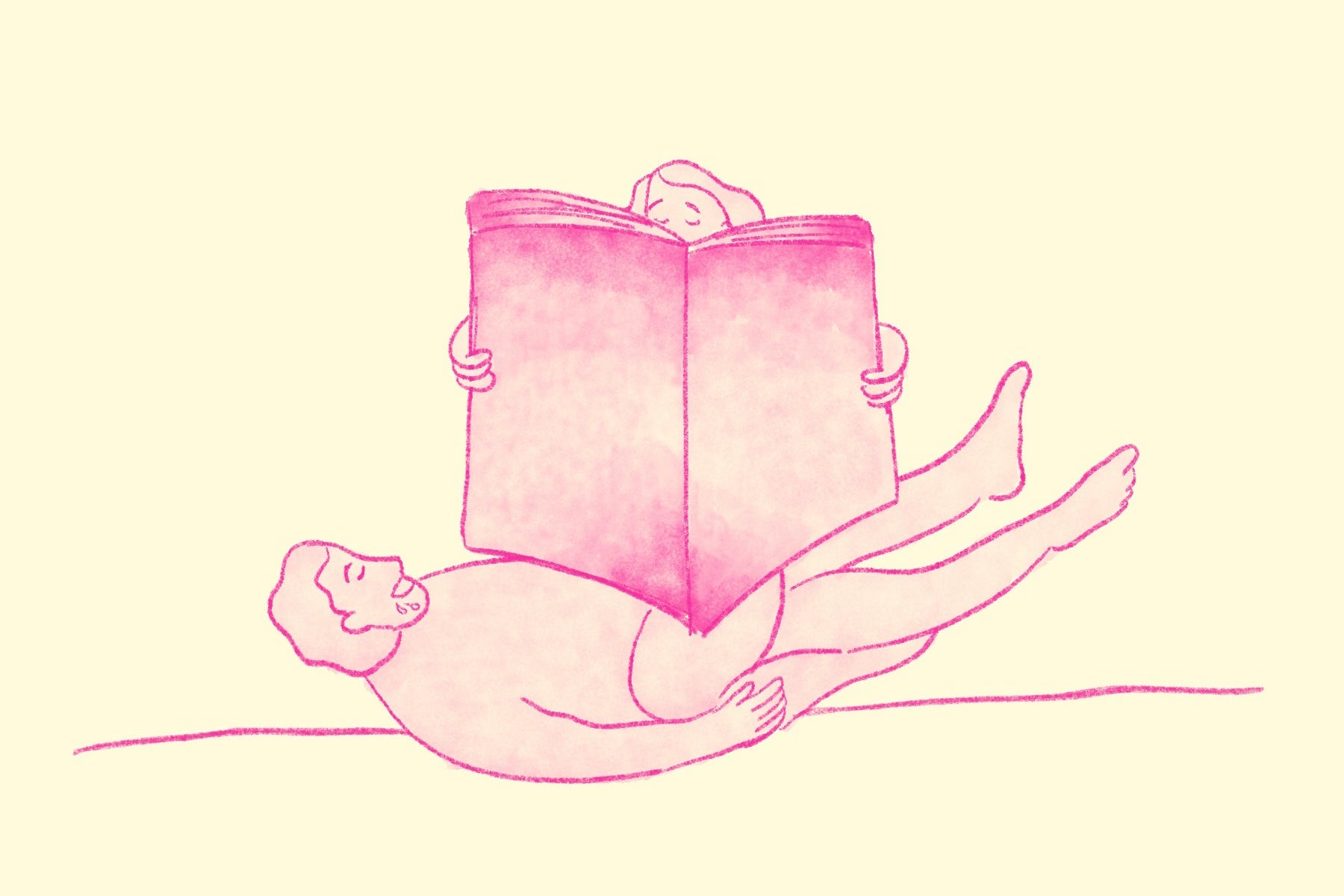
There’s so much about sex that remains a mystery to us. It’s exciting to discover, but can also feel overwhelming sometimes. From figuring out our own sexuality and preferences, to what keeps the spark alive with our lovers, to ensuring all that we do is as safe as possible, playtime sure involves a lot of homework! While it might sometimes feel like we’re lacking in skills, it’s really just that we’re hungry for knowledge that we may not have access to. In this blog post, we’re diving into the world of sexology, particularly with reference to India, to understand how well research has represented our indulgences in the bedroom.
What’s sex without pleasure?

Despite pleasure being a driving force for people to engage in sex, it is often overlooked when designing sexual and reproductive interventions (SRHO). Leaving pleasure out of research is referred to as the “pleasure gap”. The focus has been on negative experiences like pain, trauma, and disease. Even when studying orgasms, much attention has been devoted to the issue of “faking orgasms or not having them”. Perhaps this is also why we have an orgasm gap, with research prioritising studying our fake moans over real ones! Practices like anal play have been predominantly studied in the context of risky behaviour contributing to HIV and STDs among gay men, categorising sex in a way that does not represent the reality, which is that anal play can be enjoyed safely by all kinds of people. Another limiting perspective found in research is of sex workers being framed as victims, when feminist studies have shown that despite the harsh conditions that they endure, they often enjoy their work and experience high levels of pleasure. Ignoring pleasure in sex work contributes to the stigma towards the profession. Prioritising pleasure is essential and has been shown to encourage safer sex practices, confidence and joy. A pleasure programme that worked with sex workers in India, discovered that approaching sex from a pleasure perspective helped them to forget about the guilt and shame they felt around sex and enjoy it more. And couldn’t we all do with more shamelessness in our lives?
To Aunt Sassy, it’s really important that you own your pleasure. If you’re curious about how to get started, check out our collection of adult products with beginner friendly sex toys like the Flex massager, which is perfect for both internal and external stimulation, helping you achieve O’s with all kinds of strokes!
Talking only about one kind of body

Traditionally, medical research has majorly included white cis-het able-bodied men, leaving us little information to work with on the health experiences of women, queer, and disabled people of colour. The clitoris, a vital organ for female pleasure, in its full glory wishbone structure, was only discovered in 1998! Did someone finally get a flashlight down there? What stopped researchers from learning about it before? It was the shame around female sensuality. Researchers would rather treat the vulva as a mysterious Bermuda Triangle, than pay careful attention and tread the wonderland. Research has also excluded menstruators from research, reasoning that the fluctuating hormones would impact results. But is it reasonable to study people who don’t go through periods or menopause and then apply those results to those who do? Make it make sense! Due to this negligence, too many people with menstrual conditions suffer without access to proper care, which impacts both their mental and physical health, and their ability to engage in intimacy comfortably. Research on the LGBTQI+ population, has largely emphasised studying HIV and HIV-related risk behaviours among gay men and transgender women–lesbian, bisexual women, and transgender men are often left out. This translates to the lack of gender affirming care, which affects the overall quality of life of queer people, including sexual health.
Erasure of queerness
There is little research that documents the sexual experiences of desi queers in a queer affirmative way. Many scholars say it’s because of the influence of colonisation–the gift that keeps on giving. There is also the issue of erasing what existing literature we do have on queer Indian history, because of continued attempts to enforce heteronormative standards. Studies that do look at queer intimacy tend to focus on penetrative sex, particularly among people in urban areas. But intimacy is so much more! Looking at different forms of queer intimacy like holding hands and writing poetry, can offer us a richer understanding of queer intimate lives and challenge prejudiced ideas about the ways that queer people engage in pleasure.
Stereotypes about disability
Disabled people, particularly women and queer people, have been neglected in sex research globally. This has contributed to harmful stereotypes about disabled people not being able to have sex, and generalisations about them being asexual or hypersexual, severely impacting their access to pleasure and services like abortion. A study based in Gujarat that interviewed disabled women, highlights the ways in which disabled women are rebelling to own their sexuality and sexual rights. While disabled and queer women in India who can access resources on pleasure are able to build their own sexual agency, it is important to reframe sex research through a disability affirmative lens so that they can be supported in their fight for rights.
We've seen how research has focused on negative outcomes and specific demographics, leaving women, LGBTQ+ folks, and disabled people feeling invisible and misunderstood. It's time to break free from these limitations! By demanding inclusive sex education and research that celebrates pleasure and embraces all bodies, we can ensure that everyone’s signed up on the guest list to sexual liberation.
Also check out our blogs on - what is sex drive and different sex positions
Author Bio

